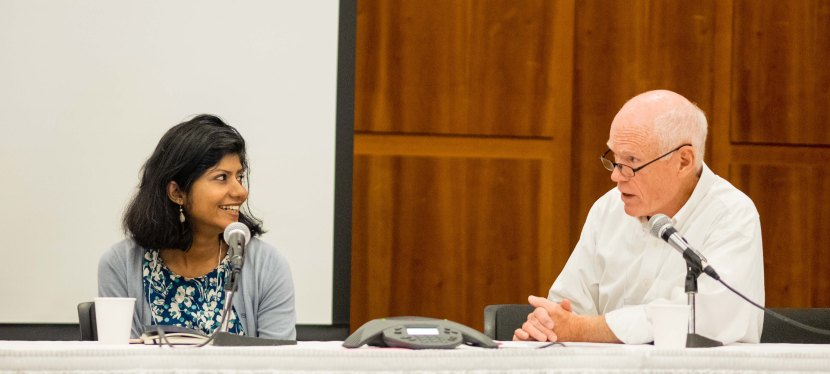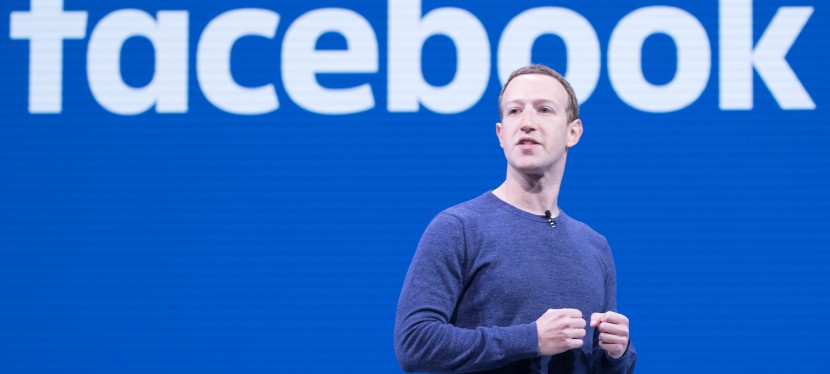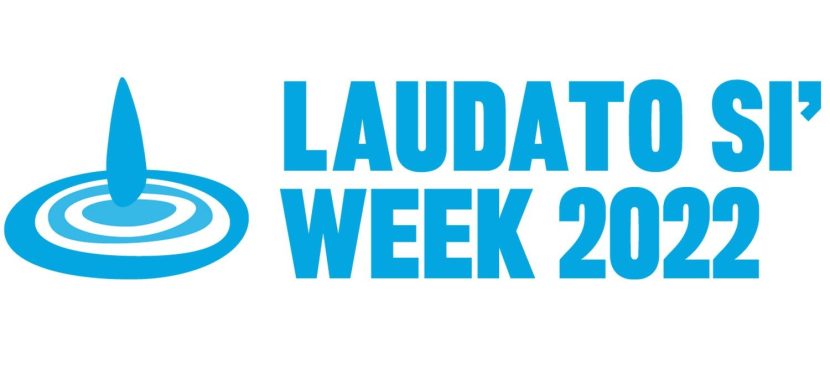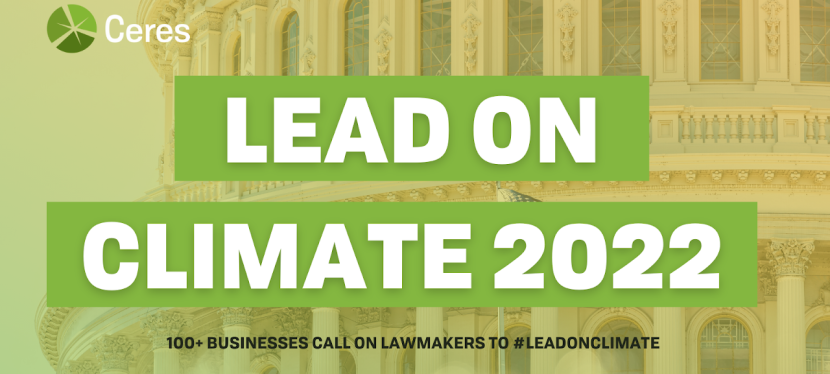The Board of Seventh Generation Interfaith coalition is pleased to announce that Frank Sherman, the executive director of SGI, has been selected to receive the 2022 Fr. Mike Crosby Award. The award will be presented in a reception at the SGI conference on October 11. The Fr. Mike Crosby Award recognizes a person who has promoted a more just and sustainable world and exemplifies the passion and commitment of our founder, Michael Crosby, O.F.M., Cap.
“We are so happy to honor Frank Sherman,” said SGI Board Chair Cindy Bohlen. “Several board members came forward to nominate Frank to receive this year’s award; once Dan Tretow’s final nomination was shared, Frank’s selection was unanimous. All who have had the privilege of working with Frank understand that he has been the person who has shepherded SGI toward fulfilling Fr. Mike Crosby’s vision. The award is the perfect way to cap off Frank’s role as the Executive Director.”
“I have had the privilege of working with Frank on multiple corporate engagements over the years, said Dan Tretow. “Everyone knows they are working with a wise, educated, pragmatic and sincere individual. And he does not work alone. In each engagement, he partners with experts from partner coalitions, ICCR program directors, Ceres and NGO’s that add credibility and strength to the conversation. He challenges the companies to do better, not for his own sake or for our coalition, but for all of society and the world.”
Frank’s background is unlike many others in our ministry; he sat on the other side of the table for 35 years. Before retiring from the corporate world at the end of 2012, Frank worked in the chemical industry, rising to serve as President of the American affiliate of AkzoNobel, a multinational paint and performance coating company. As part of his duties at AkzoNobel, he acted as a board member and, later, chair of a trade association.
While others in retirement might have hesitated, Frank made a wholehearted commitment to Fr. Mike when he was asked to help with some engagements focused on the risk of transport by rail and engagements concerning deforestation. Frank’s agreement to help resulted in his leadership in the process of creating a board of directors, re-naming SGI, and incorporating the organization. When Fr. Mike was diagnosed with cancer, Frank led the strategic planning process to envision how SGI might move from a founder-led organization to a member-led organization and was named executive director in July 2017. From the beginning, Frank has given his time freely to SGI, seeking no remuneration for his work.
Amid questions about the future of SGI following Fr. Mike’s untimely death, in his actions, Frank guaranteed growth from seeds that Fr. Mike planted.
During his tenure as the Executive Director of SGI, Frank has worked to fulfill SGI’s mission to build a more just and sustainable world for those most vulnerable by integrating social and environmental values into corporate and investor actions. Father Mike Crosby’s vision to use the shareholder voice toward a more just and sustainable world for those most vulnerable has been realized and continues to grow thanks in large part to the dedication of Frank Sherman.











